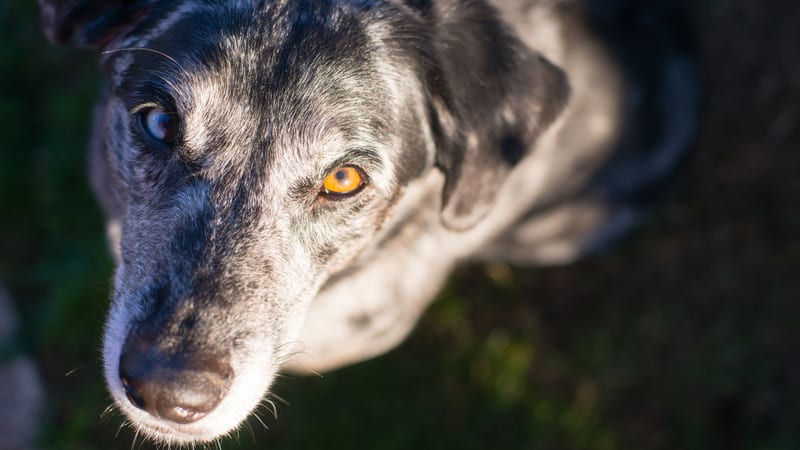Ask Amy: Woman Wonders If Family Dog Is Racist
Or is there another way to interpret his behavior toward her?

Dear Amy: I have been with my husband for three years. He is White and I am Black. His parents are wonderful to me, and often go out of their way to help us out. They treat me just like their own daughter.
Unfortunately, they have a dog, “Danny,” who is “mean,” according to them.
There are five other dogs that live in that house and they all love and enjoy the attention I give to them, but Danny has always been wary of me.
I tried giving him treats and approaching him the way they recommended, but he avoids me or barks at me.
I have never done anything to warrant this negative attention.
For the longest time I thought he was just mean, until I went to pick up my son, aged 4, who was at their house. He is biracial and is light-skinned.
When I arrived, my son was hugging the dog like an old friend.
I can’t even get this dog to sniff my hand!
This past weekend Danny bit me when I put my hand out for him to sniff. He didn’t break my skin, but he clearly meant to hurt me.
I don’t know what to do, because my in-laws just brushed it off. My feelings are hurt and I’m not comfortable over there anymore. Is this a racist dog? How should I handle this?
— Bit
Dear Bit: I shared your question with Katherine Houpt, Ph.D.: veterinarian, behavioral biologist, and emeritus professor of behavioral medicine at the College of Veterinary Medicine Cornell University:
“Dogs can certainly tell the difference in people by race (after all, they can tell the difference between identical twins), but they should not bite people based on race. ‘Danny’ probably does not like any visitors, and the more ‘unusual’ they look to him, the more aggressive he will be.
“Your in-laws mentioned that he was a ‘mean’ dog, so you have not been Danny’s only victim. He also has four other dogs in his pack, which makes him even braver.
“You were bitten in part because you stretched out your hand, which he may have interpreted as a threat. You should keep your hands to your sides (we tell children to ‘act like a tree’), and don’t look directly at Danny, because a direct stare is a threat.
Your in-laws should find a good trainer who uses positive methods (not shock or pinch collars) to train the dog or, even better, a veterinary behaviorist. Meanwhile, you can reasonably ask that he be put in another room (or his crate) when you are coming over.”
Dr. Houpt and I are both concerned about your son. She says, “Small children are the most frequent victims of dog bites, and those bites come from dogs they know. Hugging a dog is often the trigger for aggression, because most dogs don’t like to be hugged.”
Check “The Family Dog” website, stopthe77.com, for a helpful video on the best ways for young children to relate to the dogs in their lives.
Want to get even more life tips from Amy? Read more of her advice columns here!
In the tradition of the great personal advice columnists, Chicago Tribune’s Amy Dickinson is a plainspoken straight shooter who relates to readers of all ages. She answers personal questions by addressing issues from both her head and her heart. A solid reporter, Dickinson researches her topics to provide readers with informed opinions and answers. Ask Amy, P.O. Box 194, Freeville, NY 13068
© 2020 by Amy Dickinson


